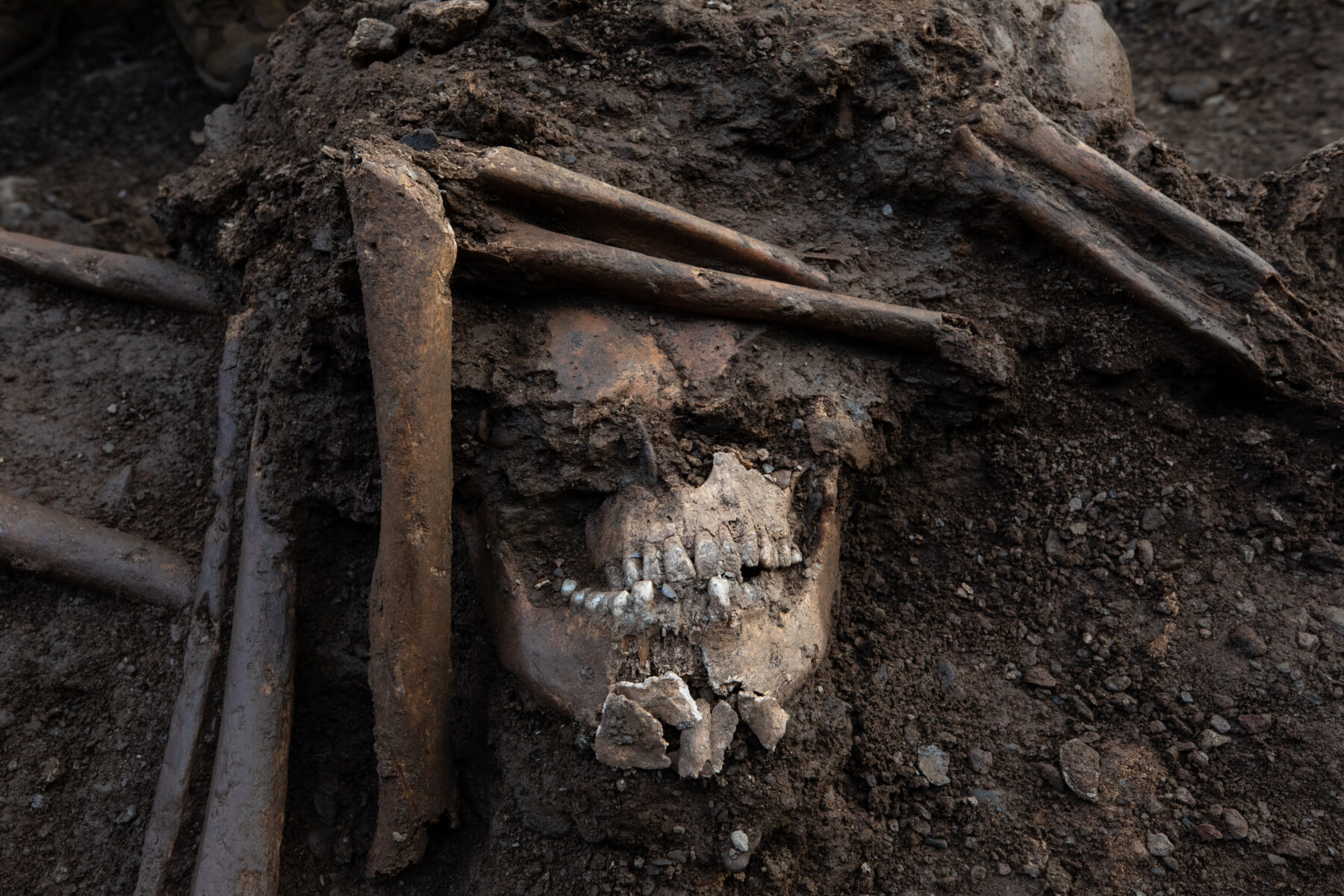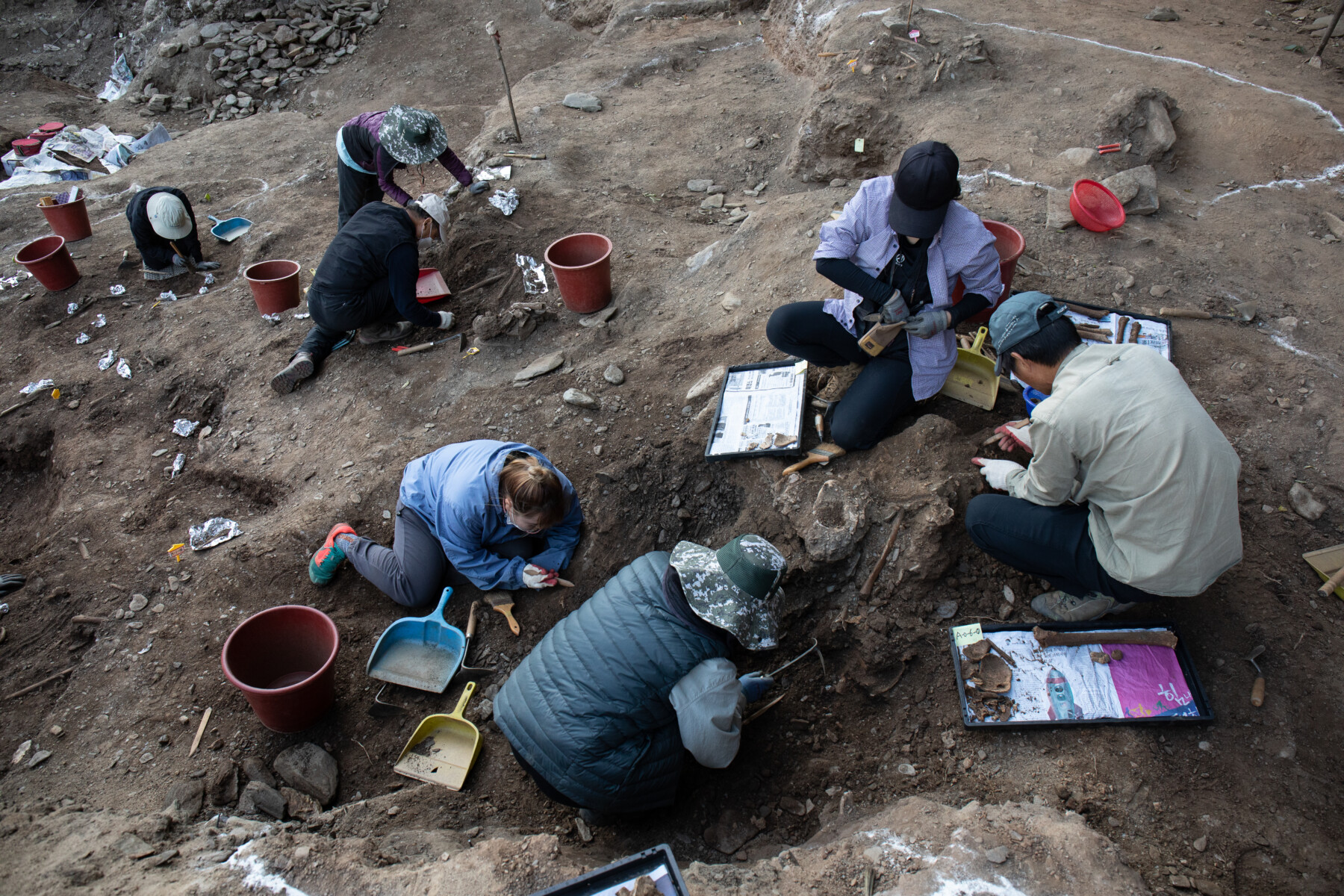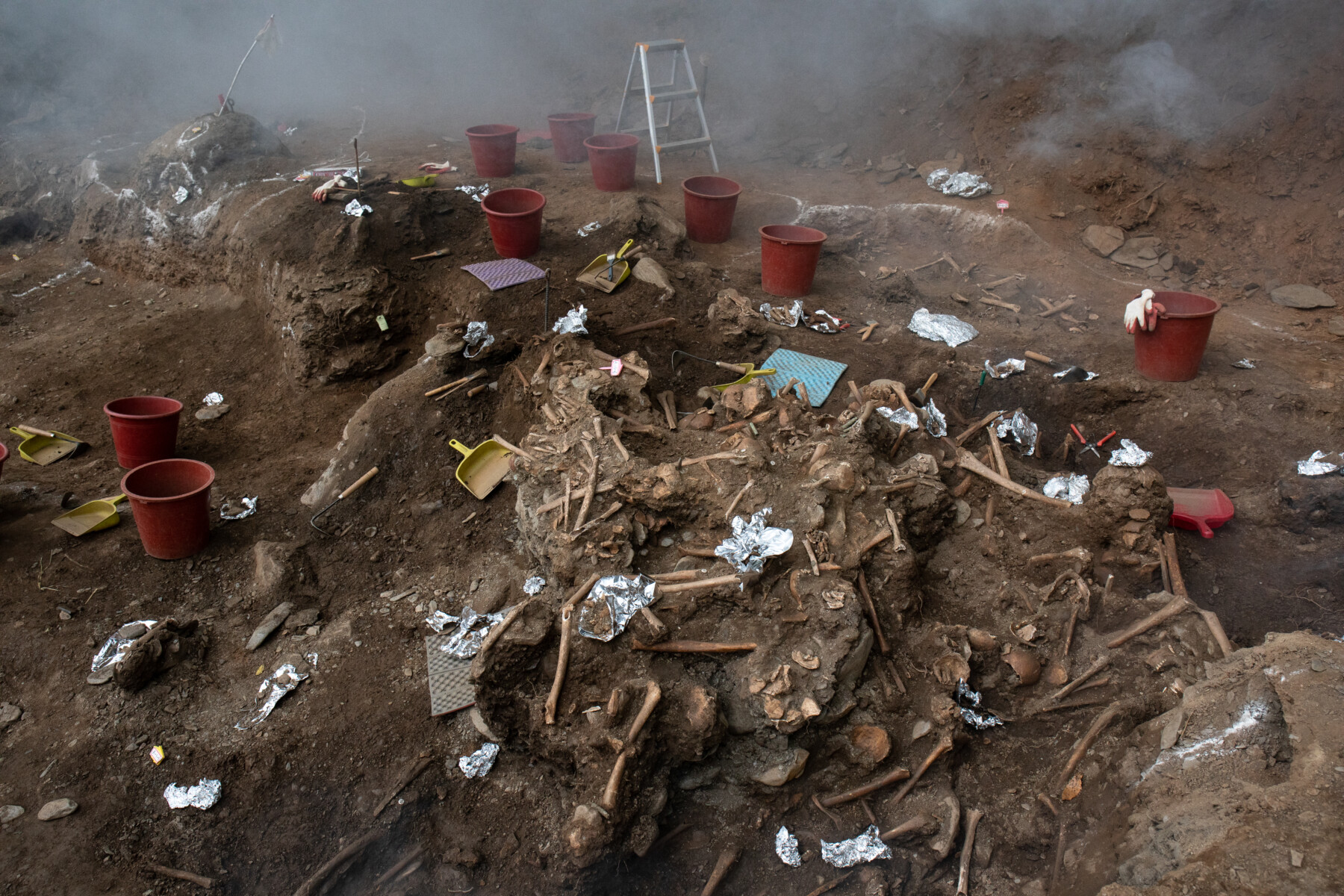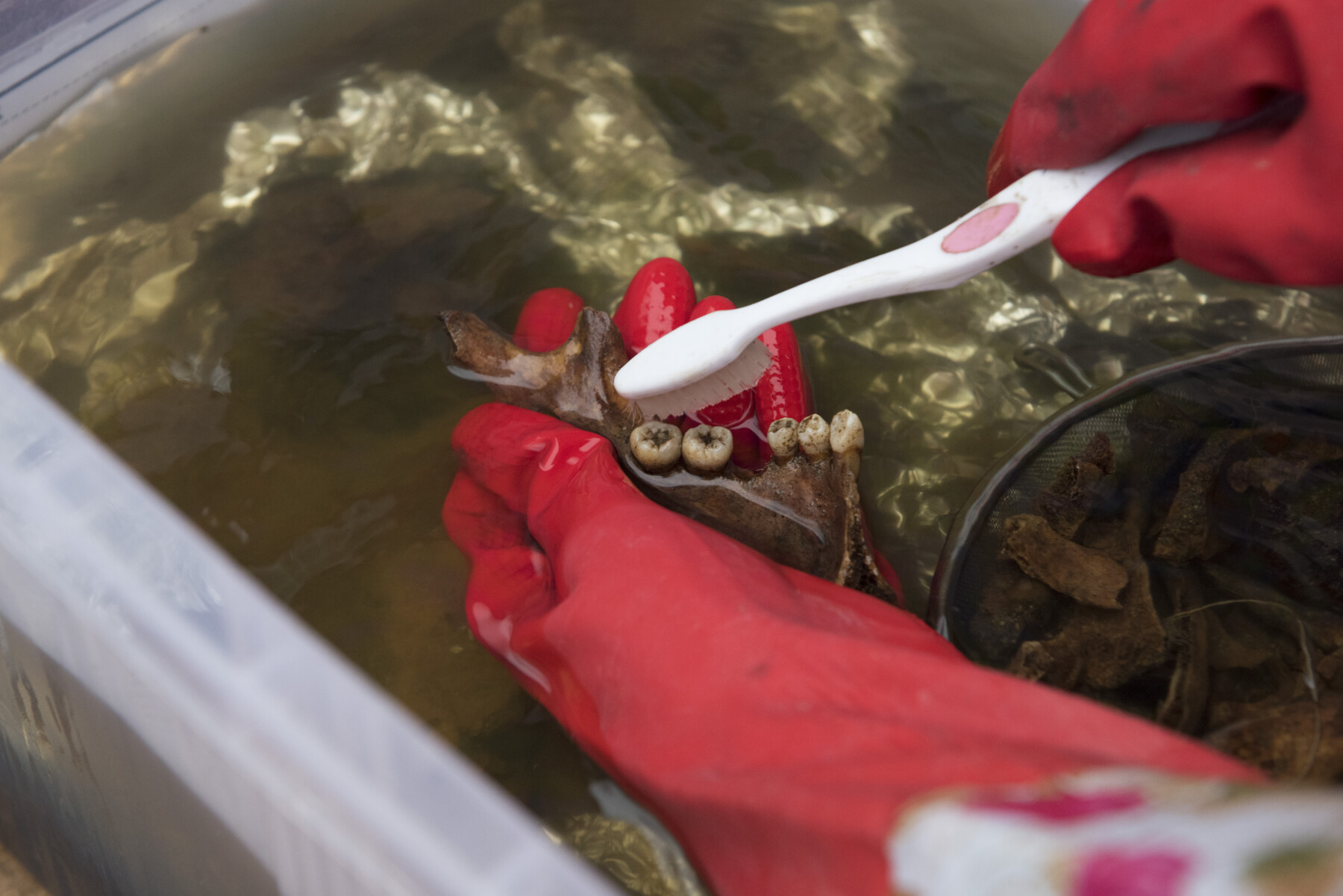206: Unearthed
Feature showcase
HEO Chul-nyung | 2021 | Documentary | Color+B/W | DCP | 92min 48sec (K, E)
SYNOPSIS
At dawn on the 25th of June 1950, the Korean War broke out. More than a million South Koreans died. Now, almost seventy years later, the full extent of the atrocities committed during the war remain unknown. But there are bones in the ground that can reveal what really happened. In 2005, a South Korean government-appointed Truth and Reconciliation Commission (a.k.a. TRC) uncovered 168 massacres that happened during the Korean War. More than nine thousand family members have asked for help in finding the remains of their loved ones. But by 2010, the commission was shut down. The conservative party, the military, and the police who were highly involved in these massacres feared the investigations were being exploited for the opposition’s political benefit. But so far no one has been held accountable. Haunted by the unsolved murders, these former investigators and the bereaved families restarted a project at various areas to uncover the truth on their own. As they dug into the ground, scorched black soil spilled out. Beneath the soil laid bones. Mostly women, the elderly and children. What really happened? Can we have peace without confronting the truth of the past? 206 Unearthed focuses on the recovery operation of the massacre site while examining how we as humans keep record, collectively remember, and sometimes willfully forget our own history.
DIRECTING INTENTION
The massacre scene before the excavation is itself a peaceful ecosystem, with small creatures like various plants and insects coexisting. However, once you peel out the surface, you will face the truth of the evilest deeds human beings have committed. That truth lies on a fragile foothold, as the bereaved families’ testimonies are not very clear sometimes, the bone heaps are composed of many and unspecified individuals, and the absent perpetrators are unable to be held accountable when we finally want to find them after a long silence. Although we pursue the truth of an incident, the collected images and their arrangement toward that truth depend on the “unclear-ness,” the reconstructing of place and time. But, even on the fragile foothold of the truth, I wanted to discover some aesthetics. The massacre scenes exposing human remains are atrocious. However, when the remains are collected and the site is organized, the scene reminds the viewers of an enormous engraving and shows its geometric and beautiful figure off, as if telling us that nothing had happened there. Although the bereaved couldn’t find their deceased ones through excavation, they consoled their parents in their hearts by collecting the remains of someone else. The daily lives on the excavation site where we laughed and joked more than we shed tears, along with the excavators’ faces confessing the deaths of close ones they experienced in their lives, remain the most human memory bloomed from the least human ground for me. Through these trivial beauties, I’d like to say that humans can only be humans when they reflect on the “border” between life and death.
DIRECTOR
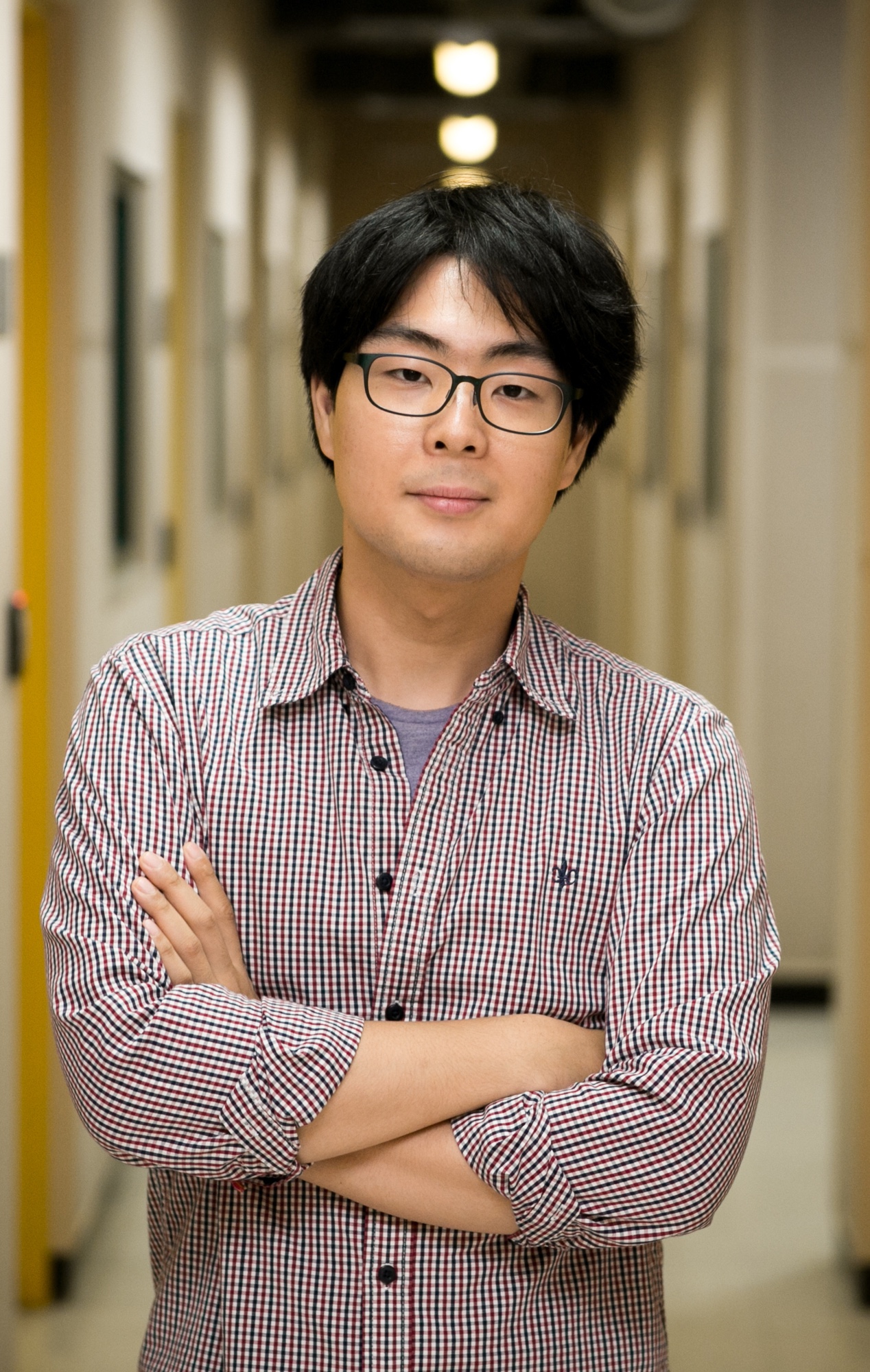
HEO Chul-nyung
2012 Remanent People
2017 The Whispering Trees
2021 Mind Room
STAFF
Director HEO Chul-nyung
Producer JO Sona
Screenwriter HEO Chul-nyung
Cinematographer HEO Chul-nyung
Editor LEE Hak-mis
Music LEE Min-hwi
Sound KO Eun-ha
Cast KIM Jang-ho, KIM Kwang-wook, PARK Sun-joo, AHN Kyung-ho, HONG Soo-jung, NOH Yong-seok, LIM Young-soon, KIM Na-kyoung, KIM So-hyeon, The late KIM Mal-hae
